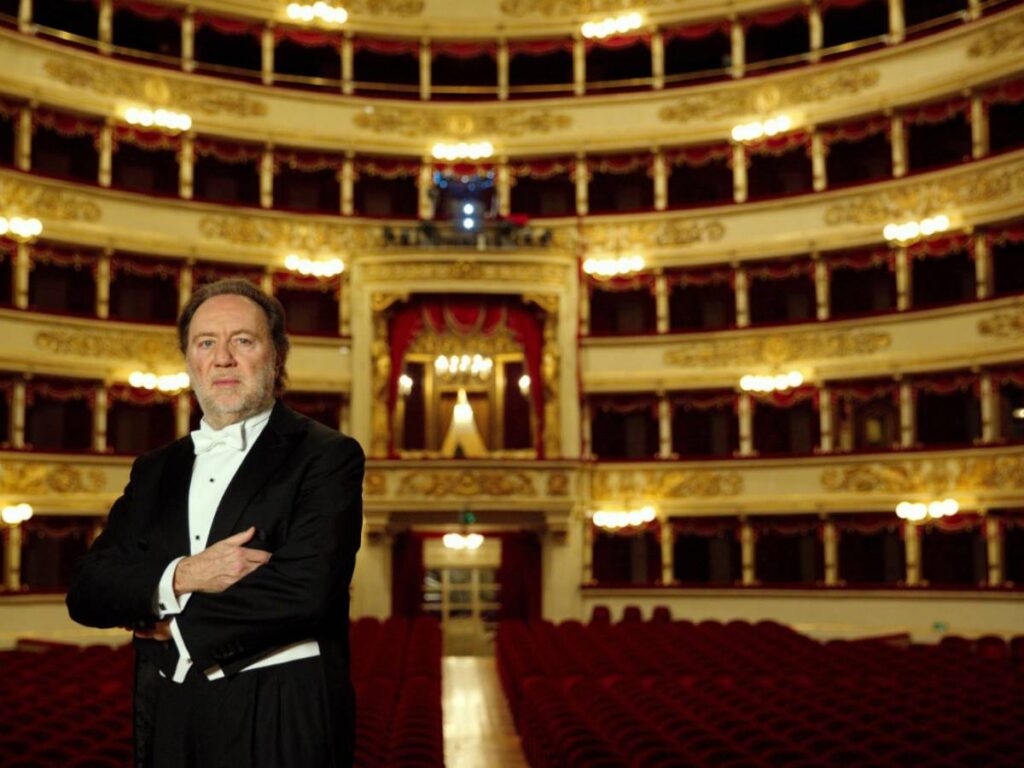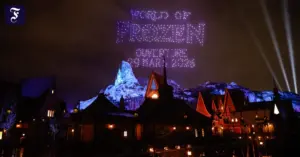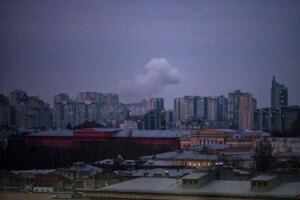
Conductor Riccardo Chailly was nineteen years old when he saw his first opera by Dmitri Shostakovich, The Nose. “I was completely stunned for days,” he recalls today. The composer was confident it would be his equal. And that’s how it is. Not only that. On December 7 he will close his decade as La Scala Musical Director with a performance of Una Lady Macbeth from the Mcensk district, his twelfth La Scala premiere. Among the expected guests was Irina Antonovna, the composer’s widow.
A masterpiece of the twentieth century, A Lady Macbeth is an extraordinary sound wave that imbues the story of the despair and loneliness of Katerina, the Lady of the title. It has only been performed at La Scala twice, certainly outside its comfort zone, but Chailly assures the audience that it will remain glued to its seat for three hours and forty-five minutes (including intermission).
Most importantly, the orchestra dominates the scene: “The real narrator of the story is you, everything happens in the orchestra”, says the conductor. The curtain opens and Katerina complains about “the suffocating boredom of her daily life. The clarinet descended like a snake making it impossible to escape.” She was an adulterer who, for the love of Sergei, an immoral womanizer, committed three murders: her husband, father-in-law, rival. In the end he committed suicide. The music is laced with “mocking, almost operetta-like” musical sarcasm. The work flows in constant tension, with satirical glysades, often with trombone, to depict the father-in-law and husband. Only for a moment did his energy calm down, “when Sergej fell asleep, it was the man he believed was the love of his life. The ears finally relaxed after so much overlapping polytonality. Everything calmed down and unraveled”.
Explicit sex, strong language, violence: Lady Macbeth makes no concessions. La Scala, on the other hand, does. “I saw a production in Holland that was so explicit that even I, who is not a moralist, was annoyed. I discussed the matter with the director who, while not seeking caution, also did not want provocation.”
Another potentially obscene moment occurred when Aksinja’s maid was threatened by her aides. Generally read as rape, at La Scala it would have been “a collective joke, a cruel joke: she ended up at the kitchen table, dressed as a delicacy”.
Considering the times, conflicts and censorship, there are those who question whether it is advisable to stage Russian opera or not. Chailly emphasized: “Art must be able to live, not just survive.” And he added: “By greatly underestimating the tragedy that Ukraine is experiencing, I consider it unfair to involve giants such as Dostoevsky or Shostakovich.”
And we come to the issue of Stalin and the most sensational case of censorship of the 20th century. After a year and a half of glory, in 1936 opera was banned until the Khrushchev era.
Stalin went to the theater with Molotov, in his special reinforced concrete box, and within hours the critics came. This blood woman is too modern, too dissonant, too free. And most importantly, it is very similar to the world of violence and lies of the Stalinist regime. NO!





